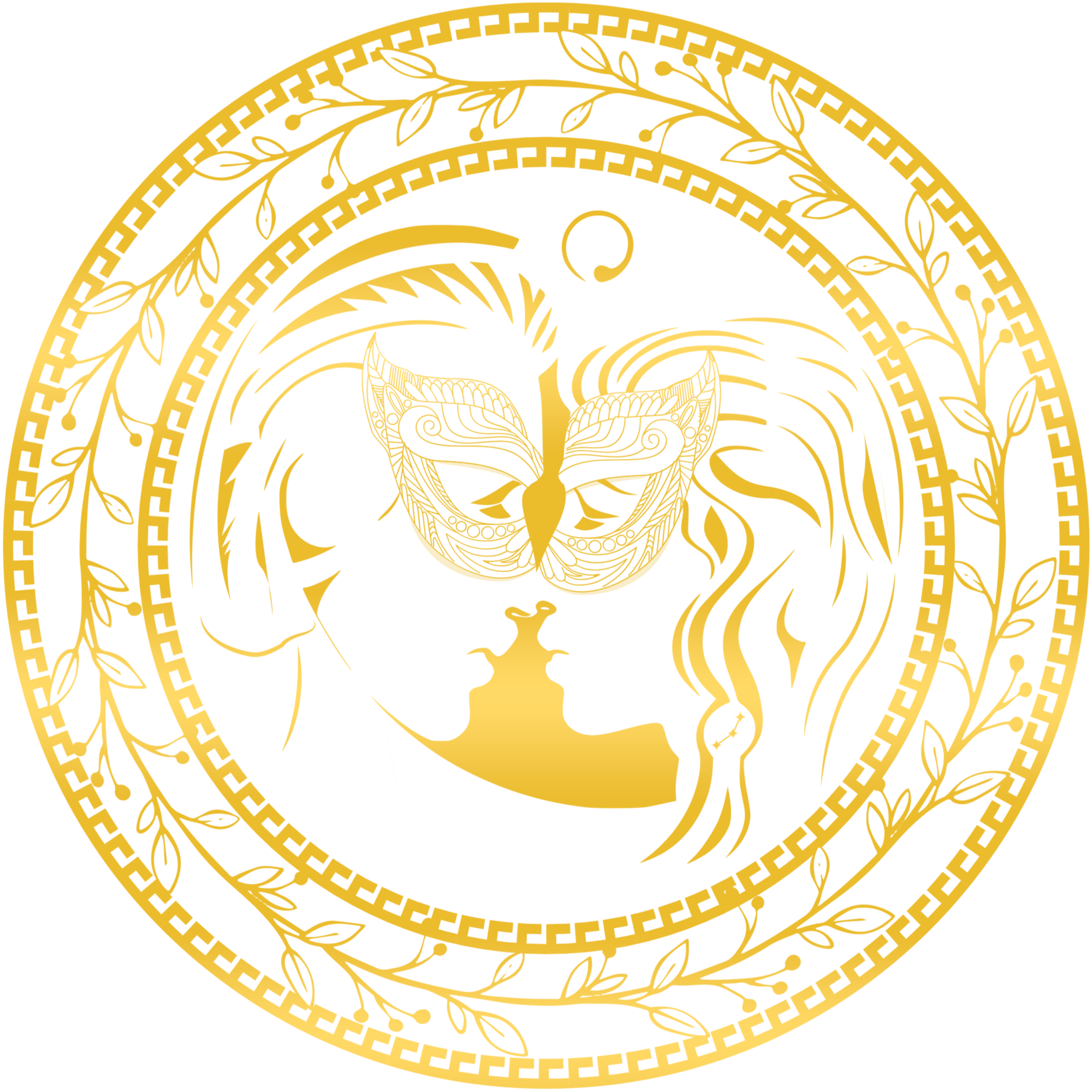
The Ultimate Guide to Ayurvedic Dandruff Treatment
Share
Dandruff can be a persistent and embarrassing scalp issue for many, leading to a never-ending search for effective treatments. Ayurveda, the traditional Indian system of medicine, offers a holistic approach to dandruff treatment, focusing on natural solutions and balance within the body. This guide will explore Ayurvedic methods to combat dandruff and promote a healthy scalp.
Understanding Dandruff in Ayurveda
Ayurveda attributes dandruff to an imbalance of the Doshas - Vata, Pitta, and Kapha. Specifically, an excess of Vata leads to dryness, while an aggravated Pitta can cause oiliness and inflammation. An increase in Kapha results in itching and scaling. Identifying your Dosha type can help tailor an effective ayurvedic treatment for dandruff.
Natural Remedies
Ayurvedic treatment often involves natural ingredients that can soothe and heal the scalp. Herbs like Neem, Amla, and Shikakai have antimicrobial properties and help maintain scalp health. Regularly massaging the scalp with oils such as coconut, sesame, or Brahmi oil can also reduce flaking and promote moisture.
Holistic Scalp Treatment
by Monika Grabkowska (https://unsplash.com/@moniqa)
Oil Massages
An integral part of ayurvedic treatment for dandruff is the practice of oil massages. Massaging the scalp with warm oil, such as coconut or olive oil infused with ayurvedic herbs, can improve blood circulation, reduce dryness, and prevent dandruff. It's recommended to leave the oil in for at least an hour or overnight before washing for the best results.
Herbal Rinses
After shampooing, rinsing your hair with herbal concoctions can be beneficial. Boiling herbs like Neem leaves or Triphala powder in water and using the strained liquid as a final rinse can help alleviate dandruff symptoms.
Diet and Lifestyle Adjustments
Ayurveda emphasizes the importance of diet and lifestyle in maintaining a dandruff-free scalp. Consuming a balanced diet rich in fruits, vegetables, and nuts can help. Avoiding excessive intake of oily, spicy, and sugary foods that can aggravate Pitta is also crucial. Additionally, managing stress through practices like yoga and meditation can reduce the likelihood of dandruff.
Ayurvedic Shampoos and Powders
Choosing the right hair care products is essential. Ayurvedic shampoos containing natural antifungal agents like Neem, Tea Tree oil, or Tulsi can effectively treat dandruff. Alternatively, using herbal powders such as Amla, Reetha, and Shikakai as a natural shampoo can cleanse the hair without stripping it of its natural oils.
Regular Detoxification
Ayurveda suggests periodic detoxification to eliminate toxins from the body, which can contribute to dandruff. Panchakarma therapies like Nasya (nasal administration of oils) and Shirodhara (pouring liquids over the forehead) can purify the body and improve scalp health.
In conclusion, Ayurvedic treatment for dandruff is a multifaceted approach that combines natural remedies, proper diet, and lifestyle modifications. By understanding your Dosha and integrating these practices into your routine, you can effectively manage dandruff and maintain a healthy scalp.
by freestocks (https://unsplash.com/@freestocks)
Remember, while Ayurvedic practices are natural, it's crucial to consult an Ayurvedic practitioner before beginning any new treatment to ensure it's suitable for your individual constitution. With the right approach, Ayurveda can be a powerful ally in your quest for a dandruff-free life.


